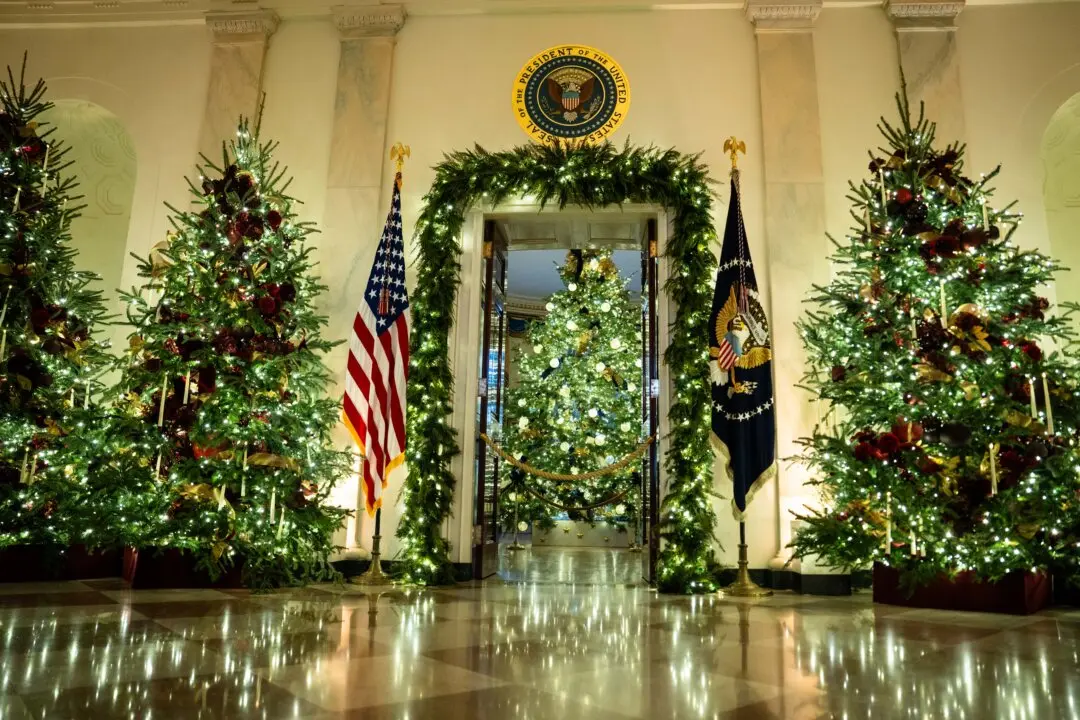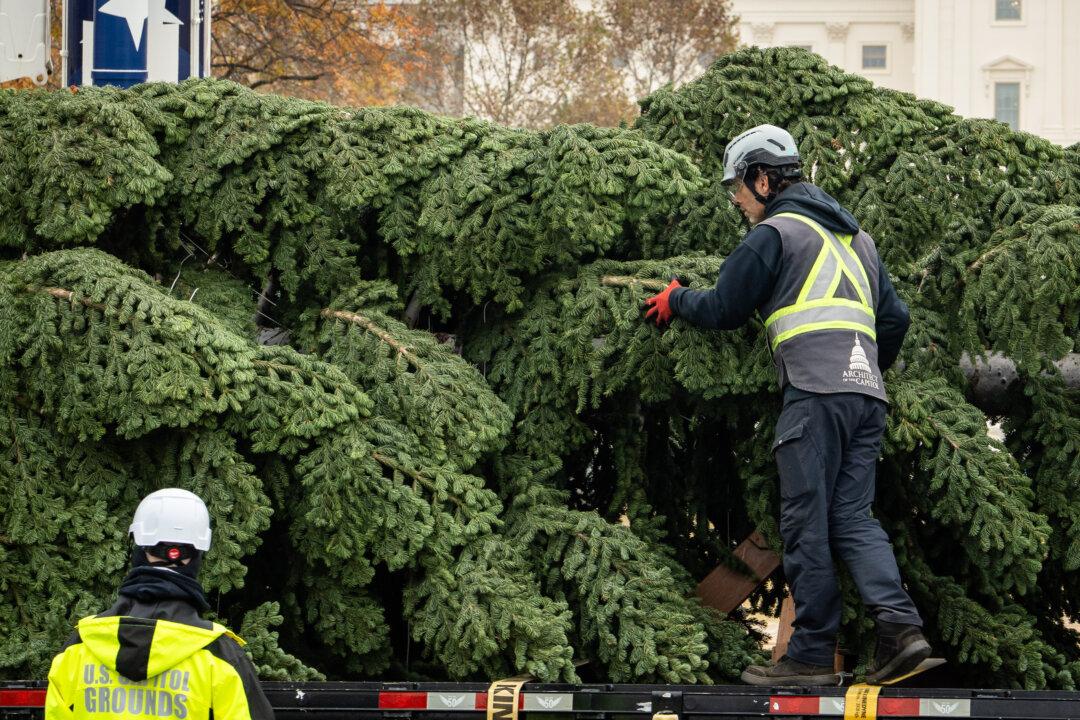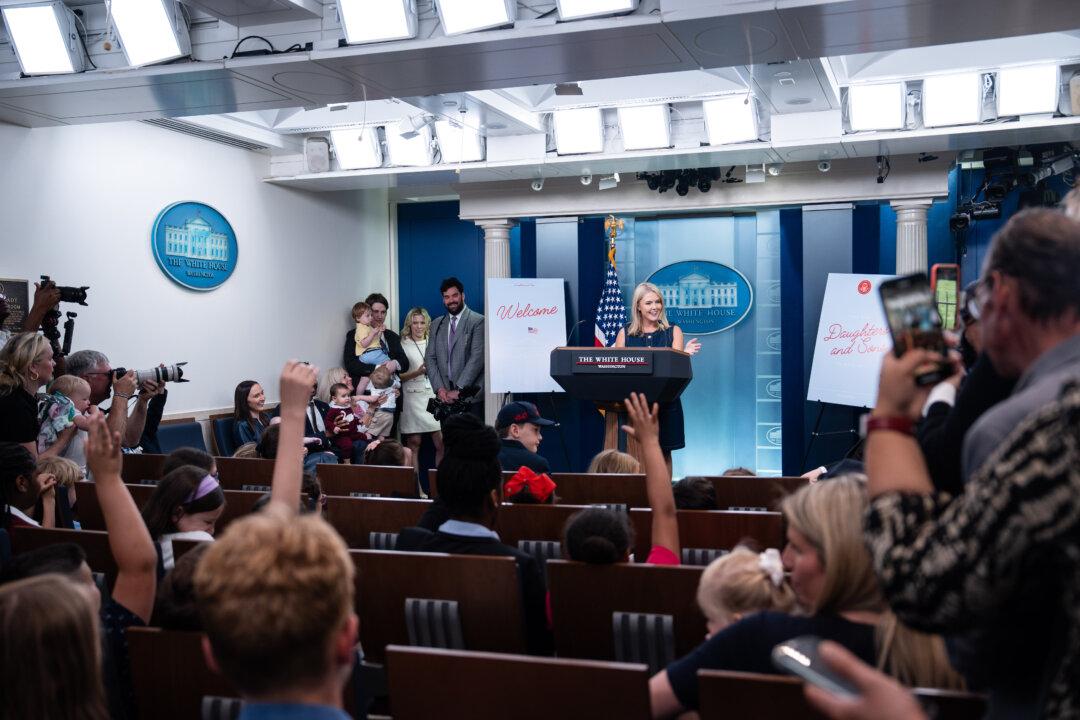WASHINGTON—Oath Keepers founder Stewart Rhodes told a federal court on Nov. 4 that the 2020 presidential election was invalid, spoke of his love for America, and his motivations for starting the Oath Keepers.
Rhodes, 57, is one of the defendants in the highest-profile trial related to the events of Jan. 6, 2021. On Nov. 4, he described himself as a patriotic quarter-Mexican born in Fresno, Calif., with both sides of the family serving in different military branches.





